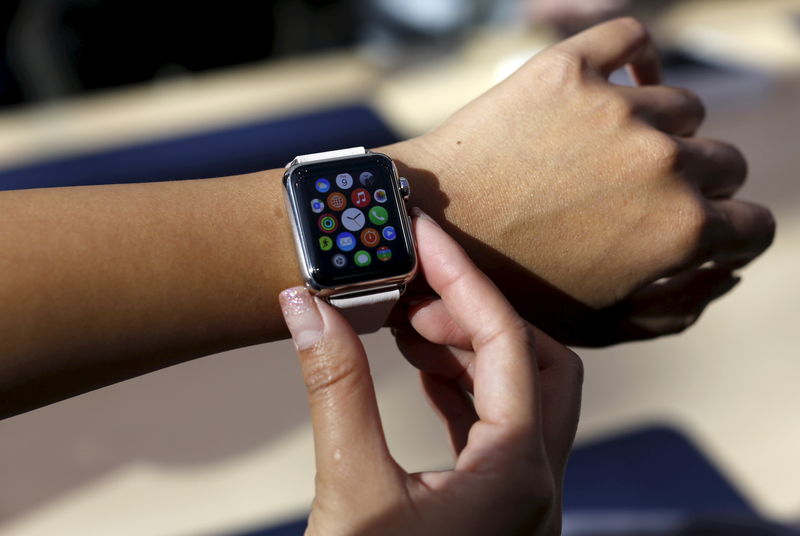US stock futures steady with China trade talks, Q3 earnings in focus
Investing.com -- Apple Inc. may be exploring an investment in Intel Corp., but according to DeepWater Asset Management’s Gene Munster, the motivation behind such a move likely has little to do with product strategy. “I believe the strategic benefits are limited,” Munster said in response to reports from Bloomberg suggesting preliminary discussions are underway between the two tech giants.
The talks, reportedly at an early stage, could cover collaboration across chip manufacturing, design or packaging. Intel has been actively seeking strategic investors, including recent deals with Nvidia and SoftBank totaling $7 billion—as it seeks to revamp its foundry business and win over new customers.
Intel has trailed Taiwan Semiconductor Manufacturing Co. (TSMC), Apple’s chip fabricator of choice, by at least two years in advanced node production. “Intel’s chip design lags Apple, and its foundry business trails TSMC by more than two years,” Munster noted, explaining why Apple is unlikely to view a partnership as meaningfully advancing its technology roadmap.
Shares of Intel rose up to 7.9% Thursday following the report of potential investment discussions, while Apple shares were up 0.5% despite a 0.7% drop in the Nasdaq Composite. Munster believes Apple’s mild reaction underscores investor skepticism about the commercial upside of a renewed Apple-Intel alliance.
Apple began phasing out Intel chips from its Mac lineup in 2020, transitioning to its custom-designed M-series processors manufactured by TSMC. The move has allowed Apple to integrate hardware and software more tightly, yielding gains in performance and efficiency, and insulating it from Intel’s well-documented development hiccups.
A tie-up with Intel now could complicate Apple’s supply chain just as it consolidates its control over core technologies. “It would complicate rather than strengthen Apple’s supply chain strategy,” Munster added, pointing to the company’s increasing vertical integration and long-term partnership with TSMC as key metrics of success.
But Munster thinks geopolitical considerations may reshape Apple’s calculus. Intel recently received a multi-billion-dollar investment from the U.S. government, which views bolstering domestic chip manufacturing as a national security imperative. Apple, for its part, pledged in August to invest $600 billion in the U.S. economy over the next four years, and an Intel investment could reinforce that domestic alignment.
This article was generated with the support of AI and reviewed by an editor. For more information see our T&C.
